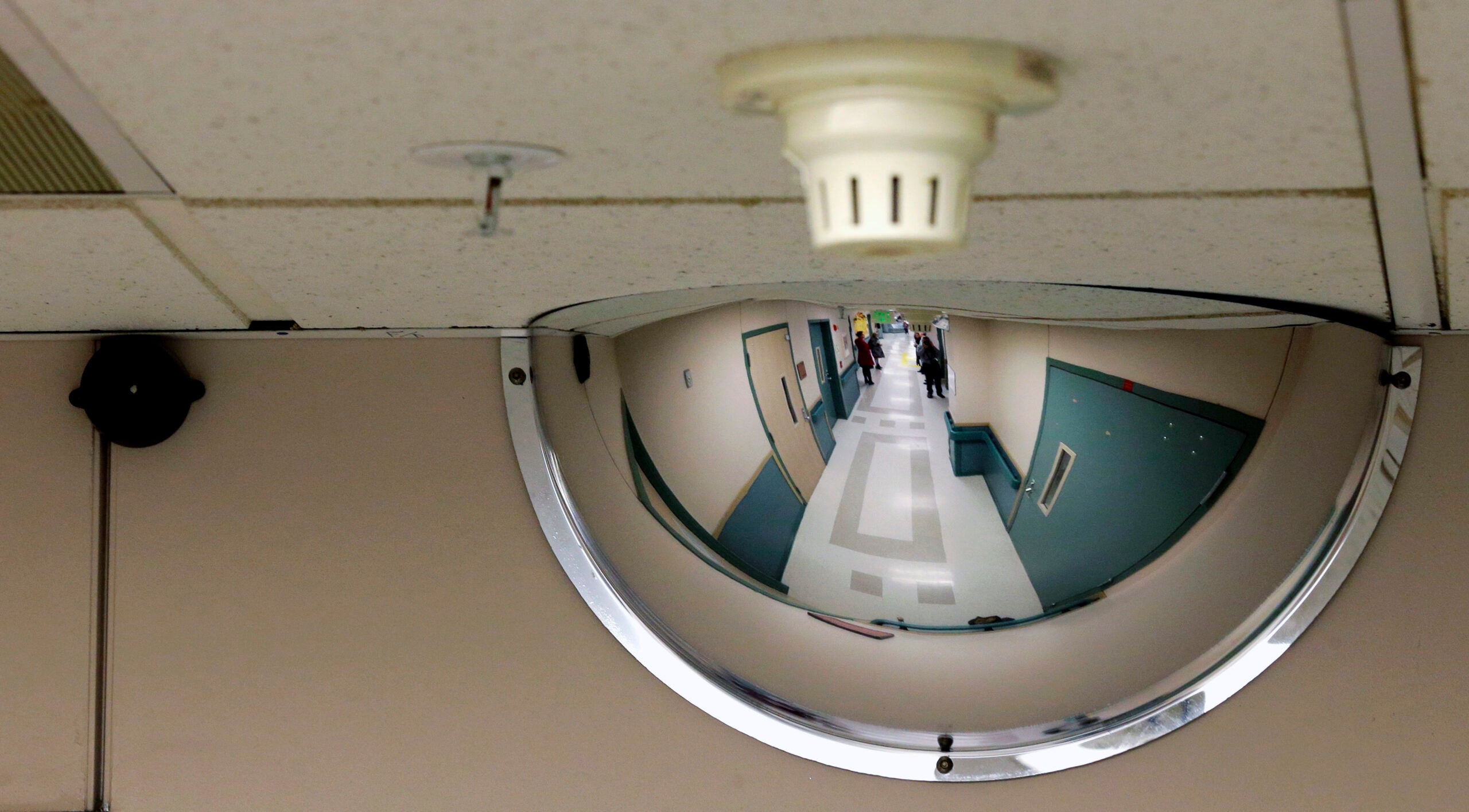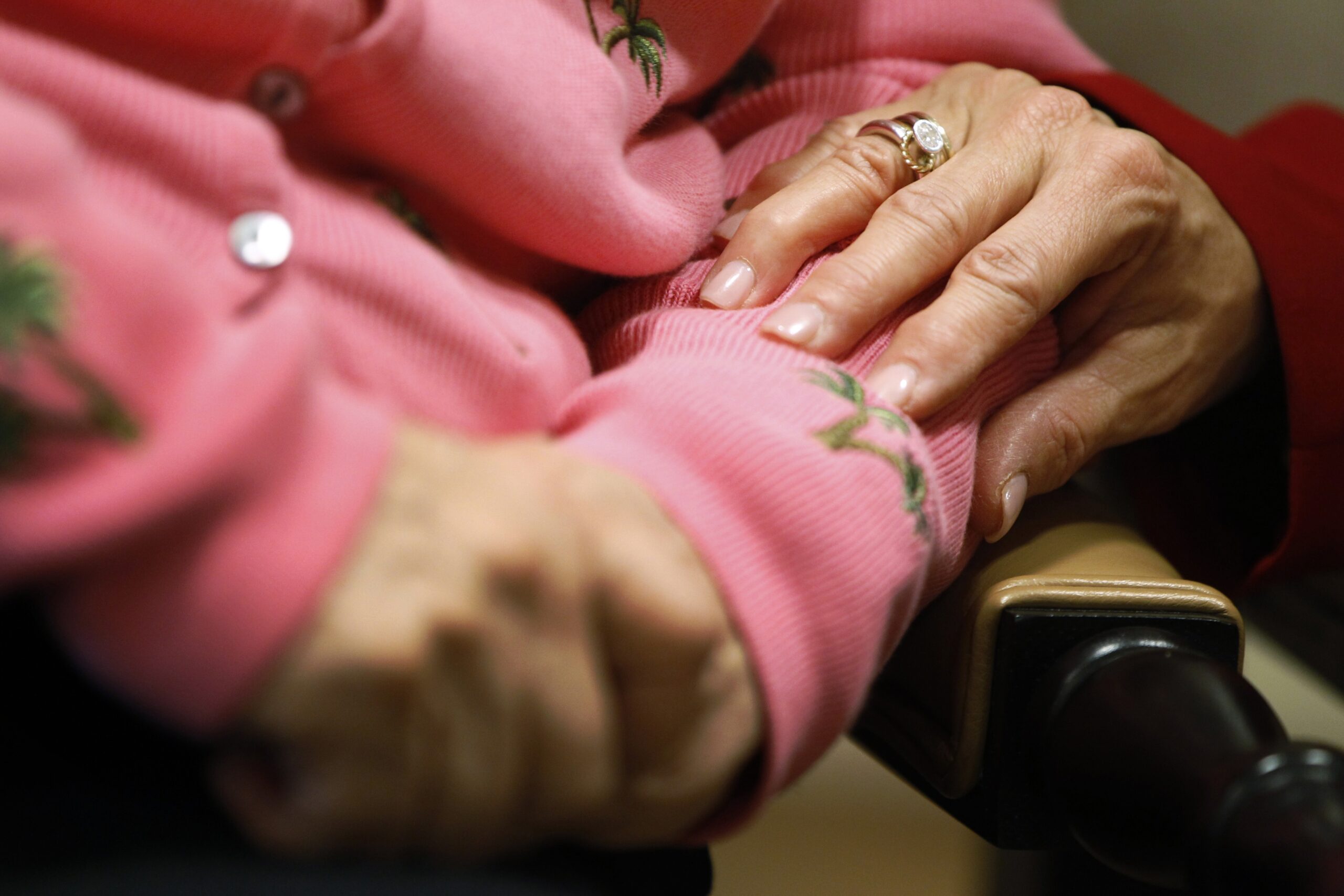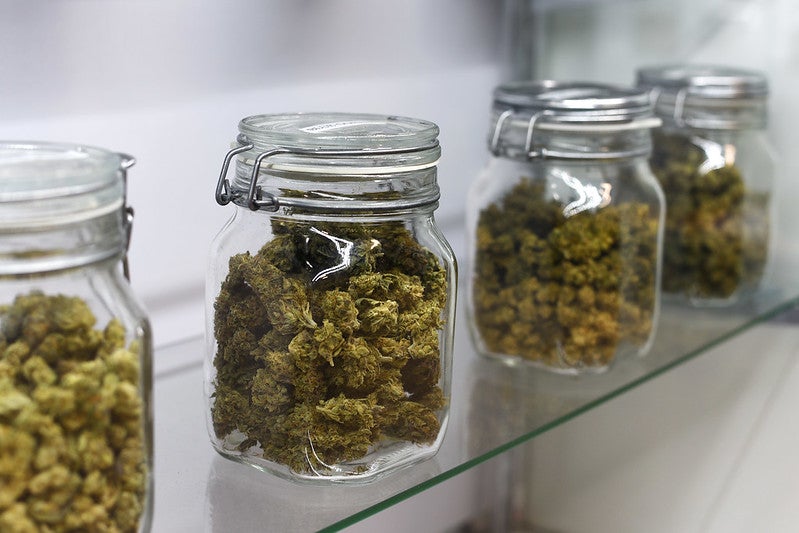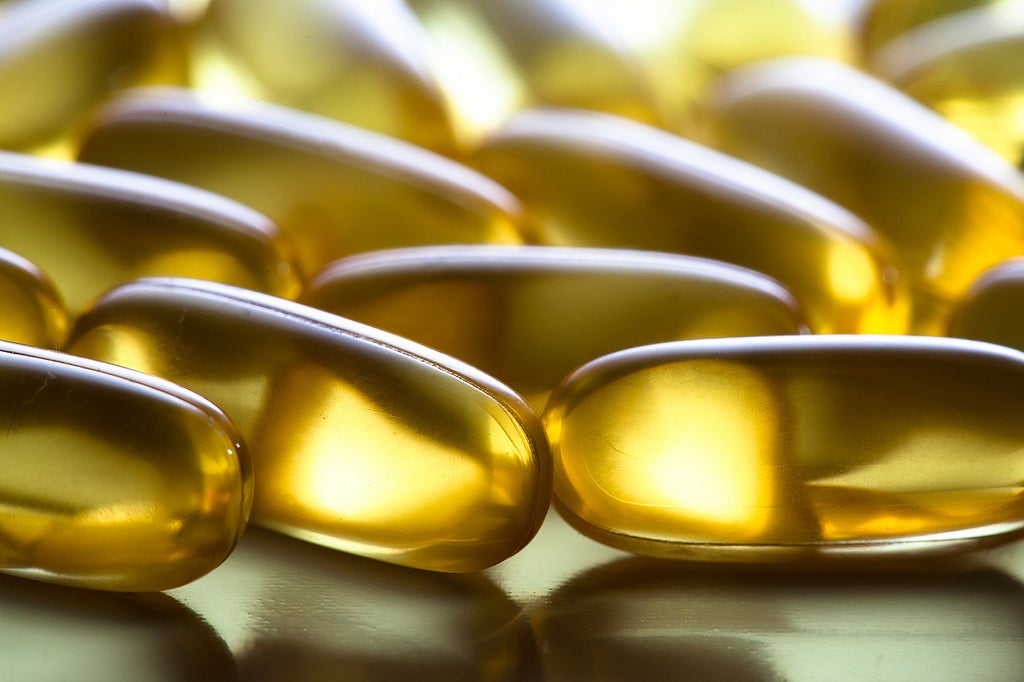Dear Doc: Years ago, my doctor put me on daily Prilosec for my GERD (gastroesophageal reflux disease), but I’m concerned. I’ve heard there are lots of side effects of the drug. I take it every day. My stomach is much better than it used to be. I don’t want to stop. I’m confused. What’s your take? — Phyllis from Minneapolis
Dear Phyllis: Before we had drugs such as Zantac and Prilosec, GERD — with its heartburn and acid indigestion — was a common problem, difficult to control. When I started medical school, all we had were Tums, Rolaids and Mylanta. We had people with intolerable GERD and ulcer pain in the hospital with nasal gastric tubes pumping these antacids into their stomach 24/7. And even then they were in pain.
Then there were now-outdated surgeries called vagotomy and pyloroplasty. That’s where the stomach was made smaller and some of the nerves to the stomach severed. The idea was to stop the acid from overproducing — but the results were stunningly unspectacular.
Stay informed on the latest news
Sign up for WPR’s email newsletter.
So enter Tagamet. This brand-name antacid was a godsend. Along with its safer cousin, Ranitidine (the drug found in Zantac), these H2 blockers (or histamine H2 receptor antagonists) work by blocking the acid-producing cells in the stomach.
Antacids now took a back seat to a far better class of drugs. The H2 blockers worked and worked well. But for some, they were not quite strong enough.
That’s where the next class of drugs came in — proton pump inhibitors, or PPIs, such as Prilosec. They reduce acid even more than the H2 blockers, giving them an edge, making them even more popular and generating billions of dollars of profit every year. But are they safe?
From what we know here are the possible side effects — and I italicize that word purposely for emphasis.
Fractures: Some studies show there may be in increase in hip fractures with PPI use, but other studies have not shown that. The U.S. Food and Drug Administration chimed in by putting that as a possible side effect in the labeling. The issue here is calcium absorption in the small intestine. It may be reduced in some people, hence the nod to fractures. From what I can tell, the risk is probably real but small.
Pneumonia: Some studies have shown it’s a factor. Why? Because normally stomach acid sloshes up the bronchial tube, making an inhospitable environment for bacteria. If you’ve had pneumonia before or if you’re at risk for pneumonia — suffering from chronic obstructive pulmonary disease (COPD), for example, or taking chemotherapeutic drugs that lower your ability to fight infection — you might take this risk seriously.
C. difficile risk: This is a gastrointestinal infection (caused by clostridioides difficile bacteria) that often occurs after taking antibiotics. It causes severe diarrhea that’s difficult to treat. Studies have shown statistical correlation with PPIs, but cause and effect have not been proven. If you’re on long-term antibiotics or prone to need them, then I’d take this seriously.
Iron and B12 deficiency: Finally, let’s talk about iron and B12. Stomach acid helps us absorb these from our gut. Some people who take PPIs make so little acid they become anemic for lack of iron absorption. It’s easy for your doctor to see if you have this problem using simple blood tests.
So what to do? With all of these side-effect possibilities, why would anyone want to take these drugs?
The answer is easy: PPIs are miraculous if you need them. The risks I mentioned are small, but to suffer from GERD is not pleasant. And for some, that extra acid causes changes in the esophagus called Barrett’s esophagus, which puts you at risk for esophageal cancer. Last year, 16,000 people died from this cancer so that risk is real.
My spin: If you have GERD by itself, then see if an H2 blocker such as Ranitidine 150 milligrams twice daily or 300 milligrams at bedtime works. If it does, stick with this older and potentially safer drug.
Another option is to take a PPI medication but only when you need it, not every day. For years we said to take it every day, every morning. By my thinking, taking it on and off reduces the risk.
But if you do need it every day, keep taking it or consider one of the newer surgeries. The benefits of this miraculous group of drugs, in my mind, outweigh the possible side effects. I bet anyone with intractable GERD will agree with me on those notes. Stay well.
Wisconsin Public Radio, © Copyright 2024, Board of Regents of the University of Wisconsin System and Wisconsin Educational Communications Board.






